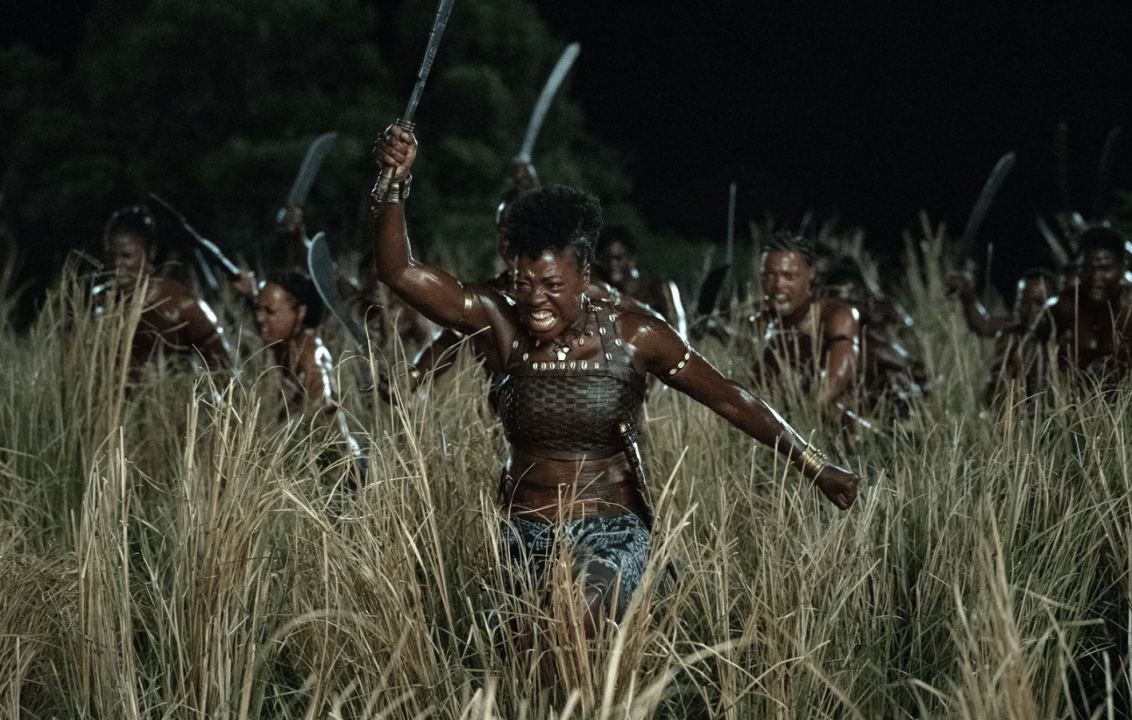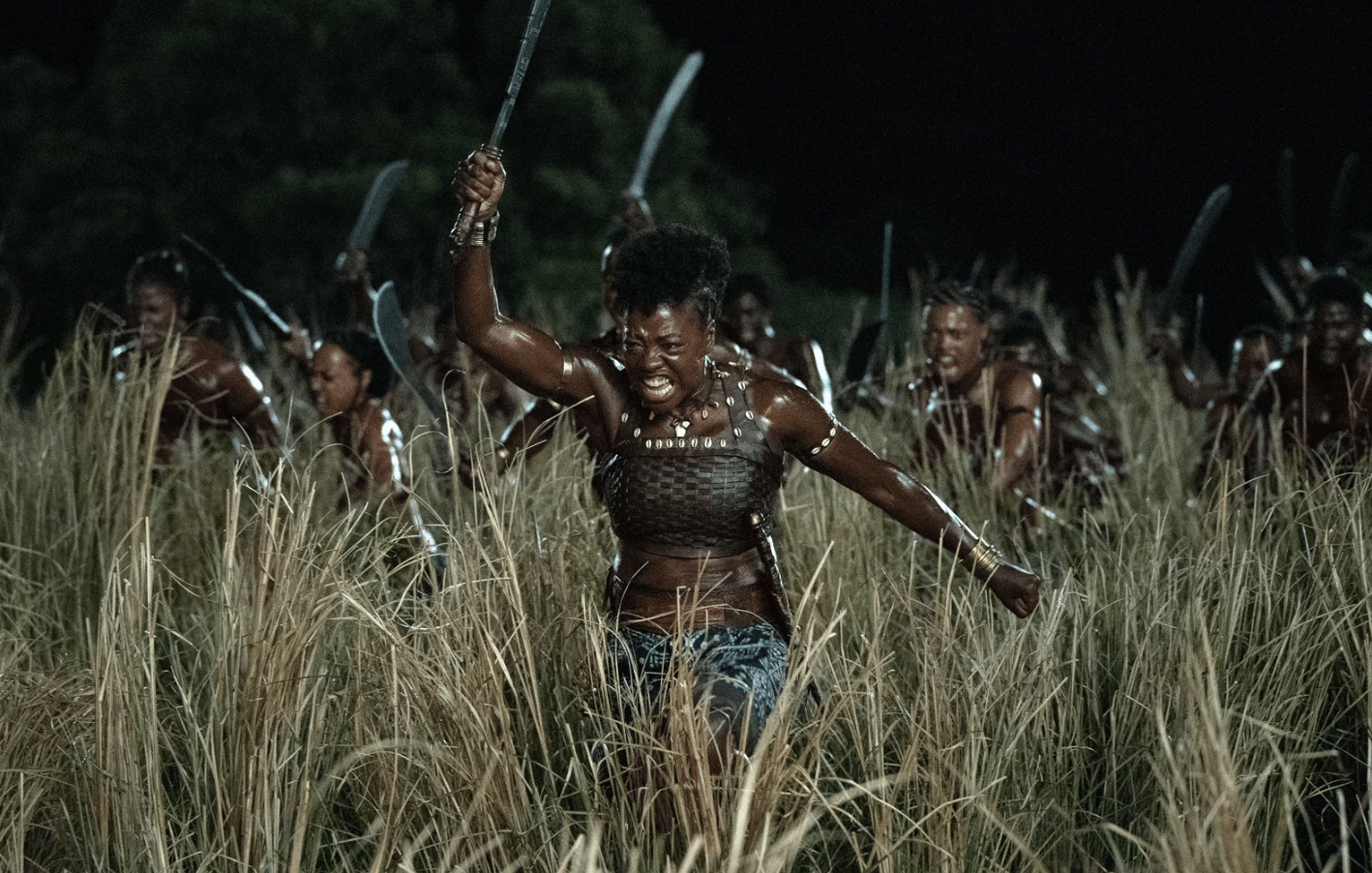As a general rule, it’s worth remembering that Hollywood is in the business of mythologising, rather than retelling history. The Woman King, which was released in cinemas this week, represents the latest effort at constructing a past more in tune with 21st century progressive political narratives. In the film, King Gezo of Dahomey and his loyal Amazons – an elite band of women warriors – struggle to free his kingdom and his people from the evils of the slave trade, the dominance of the Oyo empire, and the creeping tendrils of European colonisation. It’s a stirring tale of African resistance and female empowerment. It’s also deeply flawed.
King Gezo, Dahomey, and the Amazons really existed, and did fight a war with the Oyo. At that point, the parallels with reality end. The real Dahomey was a country of almost unrivalled brutality, its economy built on slavery and its religion on human sacrifice.

Britain’s best politics newsletters
You get two free articles each week when you sign up to The Spectator’s emails.
Already a subscriber? Log in








Comments
Join the debate, free for a month
Be part of the conversation with other Spectator readers by getting your first month free.
UNLOCK ACCESS Try a month freeAlready a subscriber? Log in